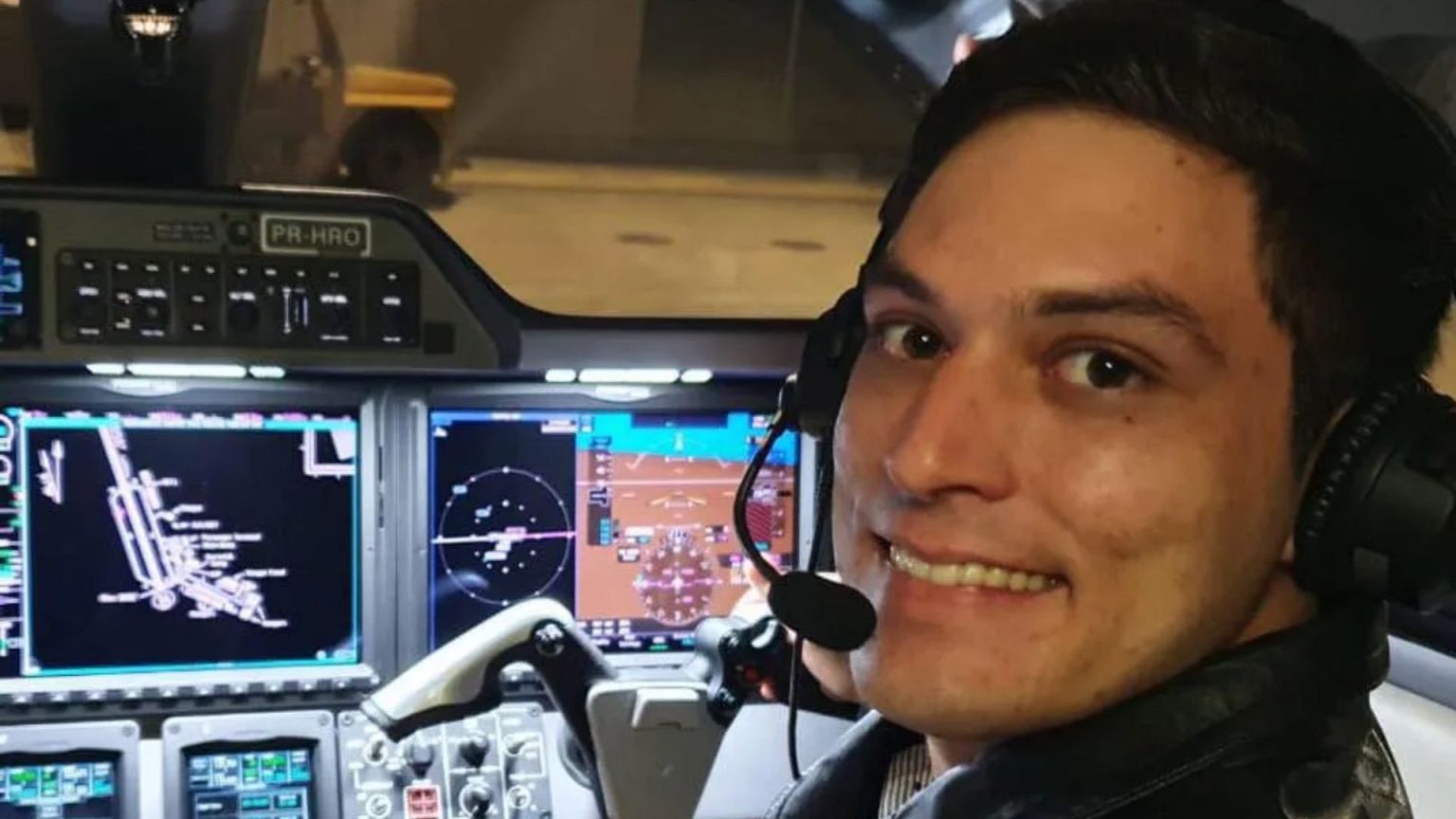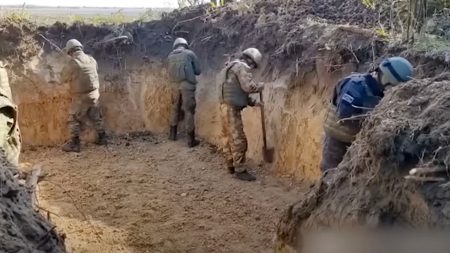The tragic discovery of a downed Cessna aircraft in the Amazon rainforest on Christmas Day brought a somber end to a five-day search for the missing pilot and his passenger. 29-year-old Rodrigo Boer Machado, who had embarked on what seemed like a routine flight from Porto Velho to Manaus on December 20th, never reached his destination. The alarm was raised on December 21st when the plane failed to submit a flight plan and did not appear on air traffic control radar. The search, a collaborative effort involving the Brazilian Air Force (FAB), civil and military police, fire department, and sniffer dogs, faced significant challenges due to the dense and difficult-to-navigate terrain of the Amazon rainforest. The wreckage was ultimately located in a remote, practically inaccessible area, confirming the worst fears of Machado’s family and friends.
The Cessna, registered as PT-JCZ, carried Machado and his 27-year-old passenger, Breno Braga Leite, on a planned hour-and-a-half journey across Brazil. Their last recorded GPS location placed them over the southeastern region of Manicoré. The difficult terrain, coupled with the lack of a clear flight path, hampered search efforts. Despite the challenges, the search teams persevered, finally locating the crash site on Christmas Day. Tragically, both Machado and Leite perished in the crash, succumbing to injuries sustained upon impact. Machado’s family, who had travelled from São José do Rio Preto to Amazonas to assist in the search and recovery effort, brought his body back to São Paulo for burial.
This Christmas Day tragedy echoes another, larger-scale air disaster that occurred on the same day, highlighting the inherent risks of air travel. An Azerbaijan Airlines flight, J2-8243, carrying 67 passengers and crew, crashed near Aktau, Kazakhstan, claiming the lives of 38 people. The flight, initially bound for Grozny, Russia, from Baku, Azerbaijan, was rerouted due to adverse weather conditions. Early reports attributed the crash to a bird strike, but this explanation was later retracted by Azerbaijan Airlines. Subsequent information suggests that the aircraft may have been struck by an air defense missile while attempting to land.
Further allegations emerged, accusing Russian forces of jamming the plane’s systems and denying permission for an emergency landing within Russia. Despite the catastrophic circumstances, the pilots of Flight J2-8243 exhibited extraordinary bravery, managing to navigate the crippled aircraft across the Caspian Sea before ultimately crashing near Aktau International Airport. Their heroic efforts, although resulting in their own deaths, contributed to the survival of 29 passengers and crew members. The incident underscores the critical role of pilot skill and courage in the face of unforeseen and life-threatening situations.
The Azerbaijani air disaster, occurring on the same day as the discovery of the downed Cessna in the Amazon, served as a stark reminder of the fragility of life and the ever-present risks associated with air travel. While vastly different in scale and circumstance, both tragedies brought grief and loss to families across the globe on Christmas Day. The investigation into the Azerbaijani crash continues, seeking to unravel the complex factors that led to the disaster and to determine the validity of the allegations against Russian forces. The answers, when they arrive, will hopefully provide some measure of closure to the families of the victims and contribute to preventing similar tragedies in the future.
In both cases – the small Cessna lost in the vastness of the Amazon and the larger Azerbaijani airliner downed near Aktau – the search and recovery efforts were testament to the dedication of those involved. Facing challenging conditions and difficult terrain, the teams worked tirelessly to locate the wreckage and recover the remains of those onboard. While the loss of life remains a profound tragedy, the dedication and commitment of these teams offer a glimmer of hope amid the devastation, reminding us of the shared humanity that binds us together in times of crisis. These tragic Christmas Day incidents serve as a somber reminder of the inherent risks of air travel and the importance of ongoing efforts to enhance safety and prevent future disasters.











